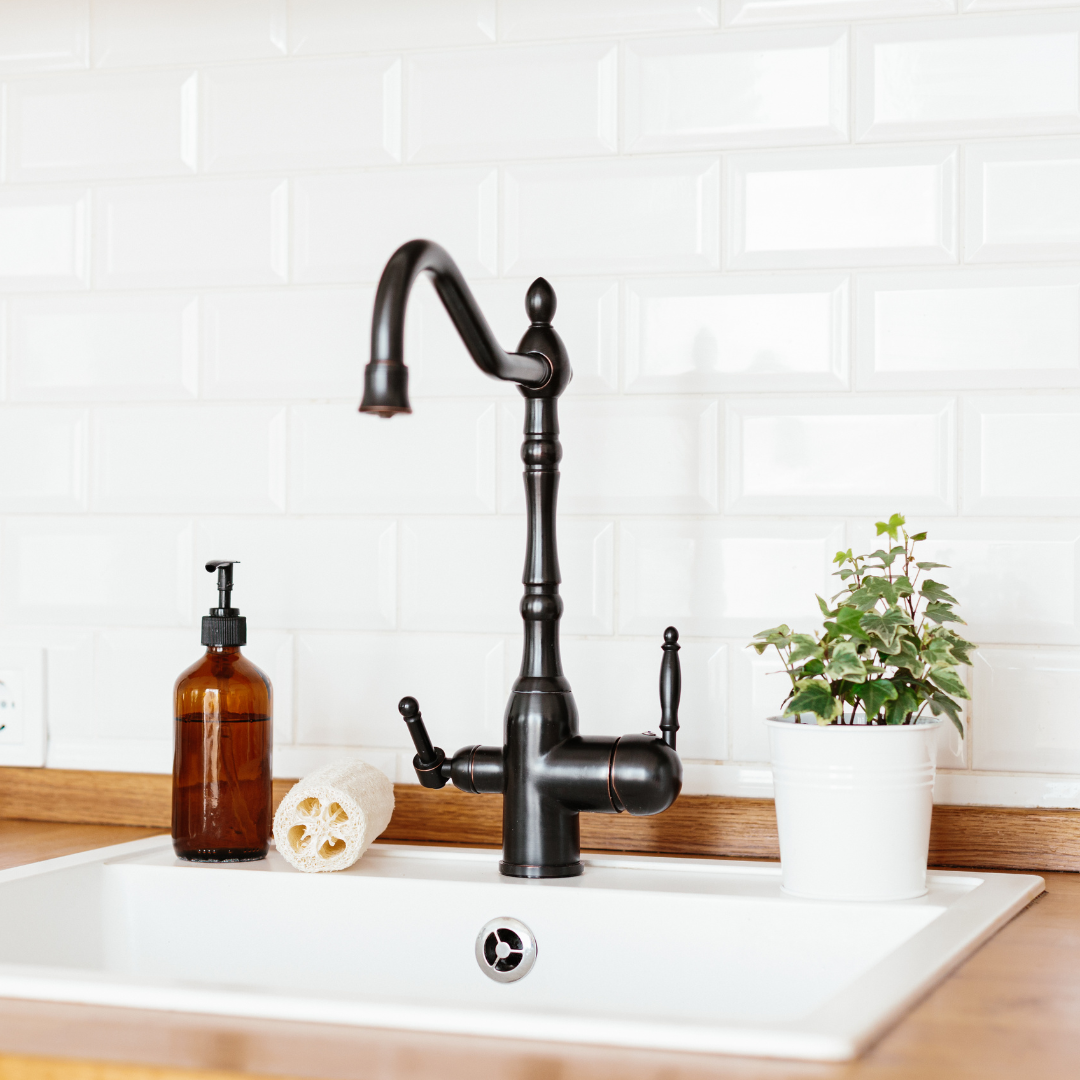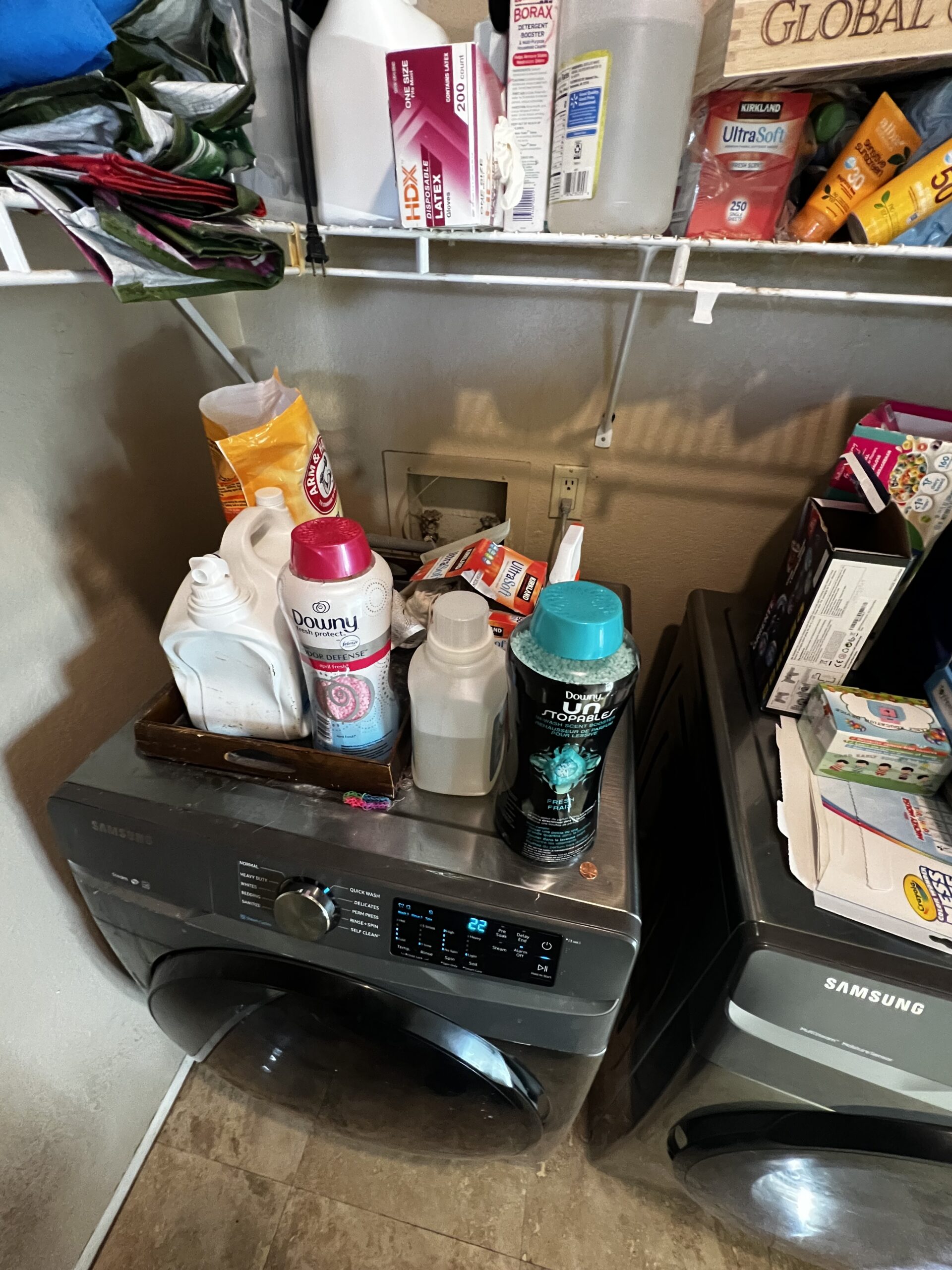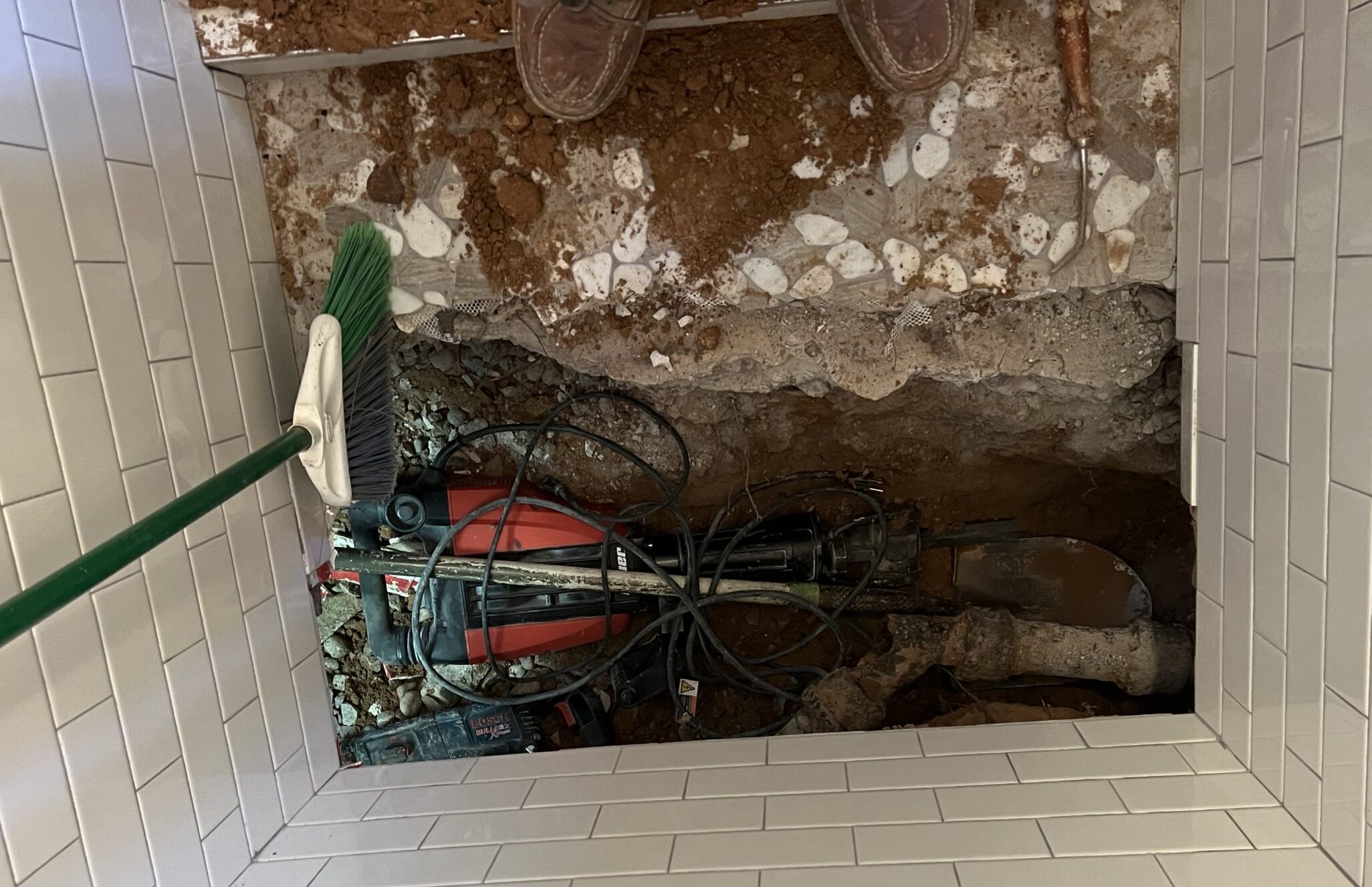Here in the Valley, hard water is a common concern. For many homeowners, a water softener is the unsung hero of their plumbing system, improving water quality by eliminating excess minerals. These minerals can otherwise lead to complications like soap scum, pipe scale, and even skin irritation. While water softeners are durable, they don’t last forever. Let’s dig into how long you can expect your water softener to serve you well and what steps you can take to maximize its longevity.
The Role of a Water Softener
Before we explore lifespan specifics, it’s important to understand what a water softener actually does. This vital appliance filters out minerals like calcium and magnesium, which are largely responsible for making water “hard.” Hard water can create several household issues, ranging from aesthetic nuisances like soap scum to functional problems like pipe scale buildup.
The Typical Lifespan of a Water Softener
A well-maintained water softener can last between 10 to 15 years, although this can vary based on several contributing factors. Exceptionally well-cared-for units, especially those of higher quality, can even last up to 20 years.
Factors Influencing Longevity
- Quality of the Unit: Just like any other appliance, higher-quality water softeners tend to last longer and operate more efficiently.
- Water Hardness: The harder your water, the more work your softener has to perform. This can accelerate the degradation of the resin beads inside the unit, consequently shortening its life.
- Routine Maintenance: Proper upkeep is pivotal for elongating the life of your water softener. This involves checking for salt bridges, cleaning the brine tank, and periodic resin bead replacement.
Red Flags Indicating Replacement Time
- Erratic water quality
- Recurring malfunctions or frequent repair needs
- Unit age exceeding 15 years
- Resin beads clogging plumbing fixtures, leading to decreased water pressure
Strategies for Longevity
- Consistent Maintenance: Regular check-ups and maintenance can significantly extend your unit’s life.
- Quality Salt Matters: Opt for high-quality salt that is free from impurities like calcium, magnesium, iron, and sediments. These impurities can hamper the system’s performance and necessitate frequent repairs.
- Professional Repairs: Should you encounter issues, consult professionals like us at Instant Plumbing and Rooter instead of embarking on DIY fixes.
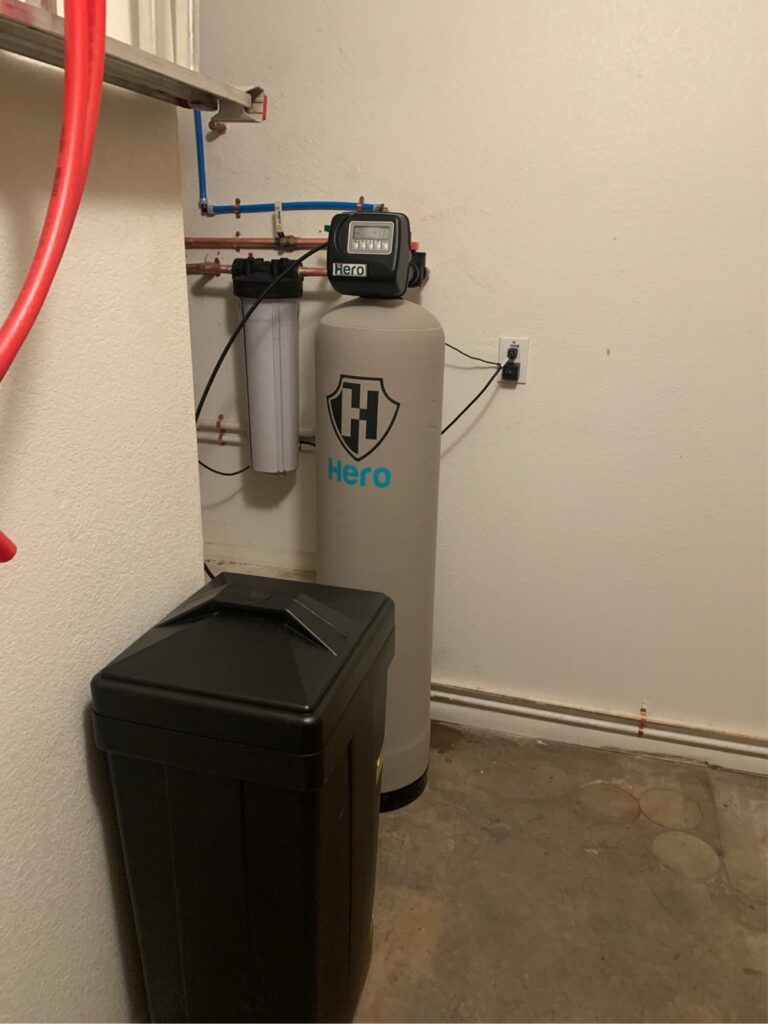
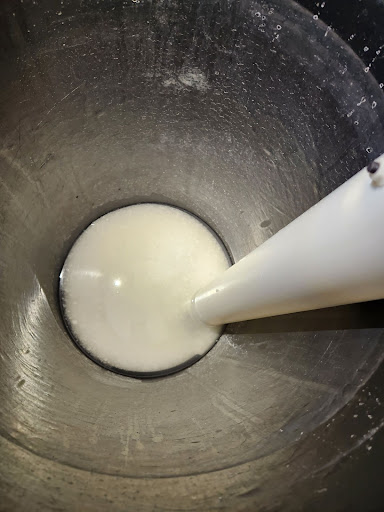

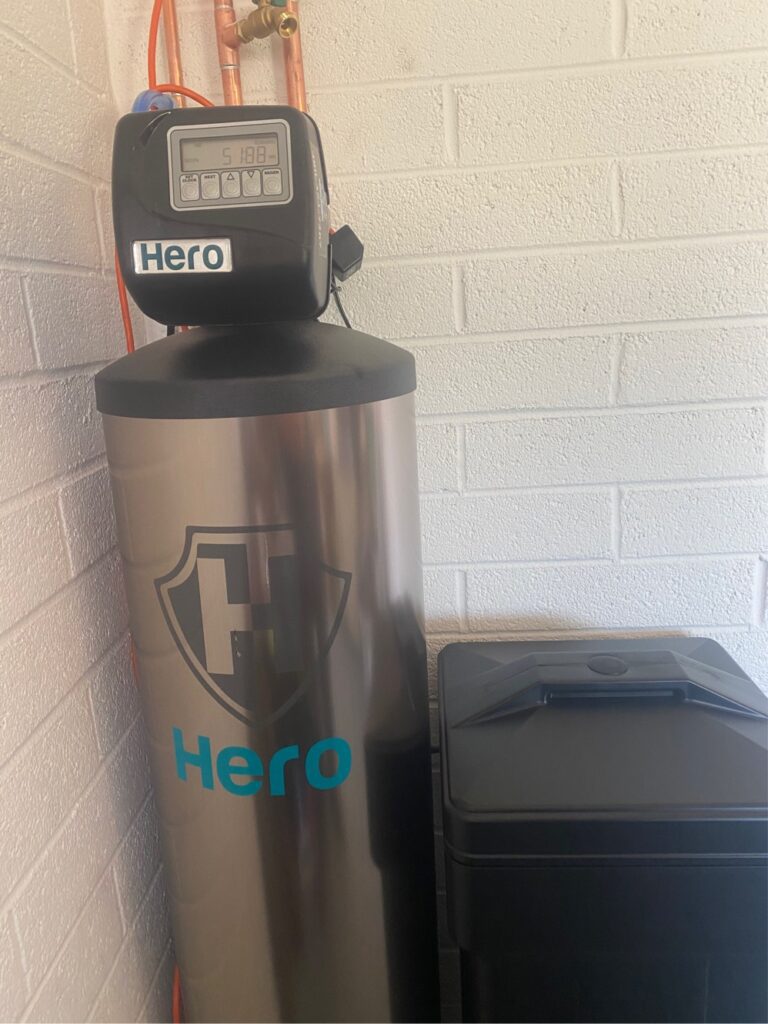

Frequently Asked Questions
Q: How many years can I expect my water softener to last?
A: Generally, expect a lifespan of 10 to 15 years. However, with diligent maintenance and quality salt, some units can last up to 20 years.
Q: What can affect my water softener’s lifespan?
A: Key factors include the quality of the unit, water hardness, and maintenance routines.
Q: When should I consider replacing my water softener?
A: Indicators for replacement are inconsistent water quality, recurring operational issues, or a unit age of 15 years or more. If resin beads are obstructing your plumbing, that’s also a sign.
Q: What maintenance steps should I take?
A: Standard maintenance involves checking for salt bridges, cleaning the brine tank, and periodic replacement of resin beads. For any maintenance or repair, it’s advisable to consult professionals.
Q: Does the salt type matter?
A: Absolutely, quality salt can make a world of difference in your system’s efficiency and longevity.
If you have any queries or concerns about your water softener, don’t hesitate to reach out to us at Instant Plumbing and Rooter. We’re committed to keeping your home’s plumbing systems in top condition.

